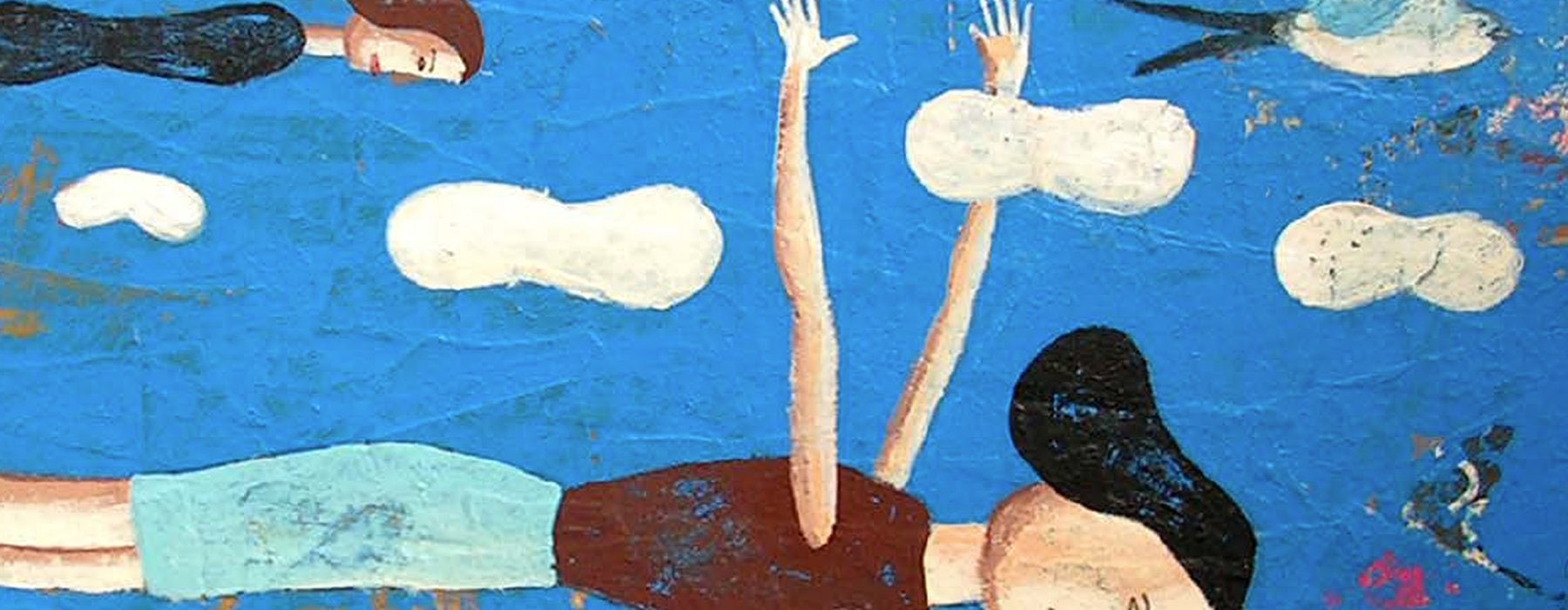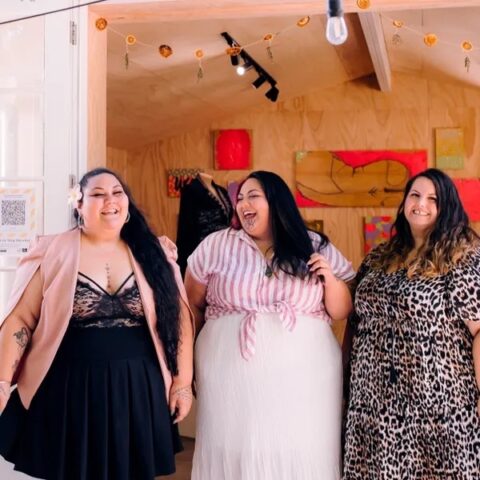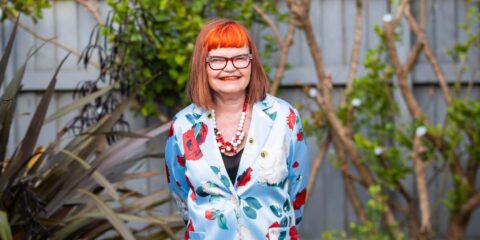As her second child flies the coop, Sarah Catherall confesses to the confronting changing reality of her life, home and her very identity.
My daughter was ready to leave home, but I wasn’t ready to let her go. I don’t think of myself as a clingy mother, but I felt a new ache when I kissed Bianca goodbye in mid-February and left her arranging her new room in her university hall. I stopped at the door and looked back, holding on to that last glimpse of my middle daughter as she hung her clothes up on a rack.
The flight home from Dunedin felt long. Another mother, also dropping her son off at university, sobbed into tissues a few rows ahead and told me at the baggage belt: “I’m not ready for this. His childhood is over.’’
I didn’t sob, but I felt like it. Back home a few hours later, Bianca’s bedroom felt cold and empty. I wanted to see wet towels tossed over the floor and to raise my voice at her to pick them up. I wanted to find empty RTD cans hidden in the garden and dirty plates on the bench.
I wanted to hear her asking, “What’s for dinner?’’ and “Can you….?’’
Instead, I washed her sheets and closed the door to her bedroom. Even though her younger sister was still living at home, the house felt too big, full of empty rooms and too much space. For days I walked around the echoing house, wondering how did she grow up so quickly? Where did that time go? After all, it only seems like yesterday that she was cartwheeling around the living room in a pink fairy dress and dancing to The Wiggles.
The house felt too big, full of empty rooms and too much space
Bianca was my second daughter to fly the nest. Her older sister left home three years before, but she went to Massey University in Wellington so was only 20 minutes from the house – not a plane ride. The shock wasn’t as hard and Isabella still comes home for dinner every Sunday night.
Until Bianca left, I didn’t really suffer empty nest syndrome. I started to be aware of it when couples about a decade older than me started putting up “for sale” signs outside their four-bedroom homes. They downsized and moved closer to town or shifted completely away from Wellington seeking a different lifestyle.
Women who embraced their new independent identities often changed careers or went back to work. Others continued to do what they had always done, whether that was walking the dog with friends or going off in the morning to busy jobs.
What struck me – as I plumped up the pillows on Bianca’s bed and even leaned over to smell the perfume lingering on her dressing gown – was how confronted I felt watching my daughter starting an exciting new chapter. I hate to use the old cliché, but being 18 – when the world seems full of possibility – feels like yesterday.
I was excited for her but grieving that she had gone, and a bit confused about this fading motherhood. I’ve been a mother for 21 years; mothering has been as central to my existence as breathing, walking and eating. What now?
For guidance, I looked to women a few years older, whose nests are now empty. Those who seem to fare the best fluff their lives up with new things for their “second act” – people, jobs, hobbies, voluntary work and travel (when that’s possible). It’s an approach therapists advise: grieve, then fill the void with new opportunities and experiences. Over time, empty nesters usually adjust to the sparser nest and appreciate quality time with their kids when they do come home. Their children are now adults and so their relationships evolve to adult ones.
Elizabeth Peterson, an education and development psychologist at the University of Auckland, says parents should guide their children towards adulthood and independence, not try to keep them dependent because we can’t bear to let them go. We should teach them to be resilient so they can go out on their own.
What I notice over the first university semester, too, is that my relationship with my Dunedin daughter evolves. She may be hundreds of kilometres away, but we chat regularly, she usually answers the phone when I call (rather than the old days of ignoring it) and she texts me for advice.
Also, I’ve heard from other parents that kids “boomerang” back anyway, as Bianca does in early April, when she arrives home for 10 days over Easter.
Her flight from Dunedin is delayed and her younger sister Mia and I wait outside the arrival gates. Where is she? And then she’s there, her long hair swinging over her shoulders as she runs towards us. My eyes fill. I’m proud of her and kind of proud of myself for raising such a cool, independent daughter with strong views and values.
She embraces her sister in a long, tight hug. I’m next. Her body is soft, warm and familiar. She’s home. Not for long, but it’s long enough.








